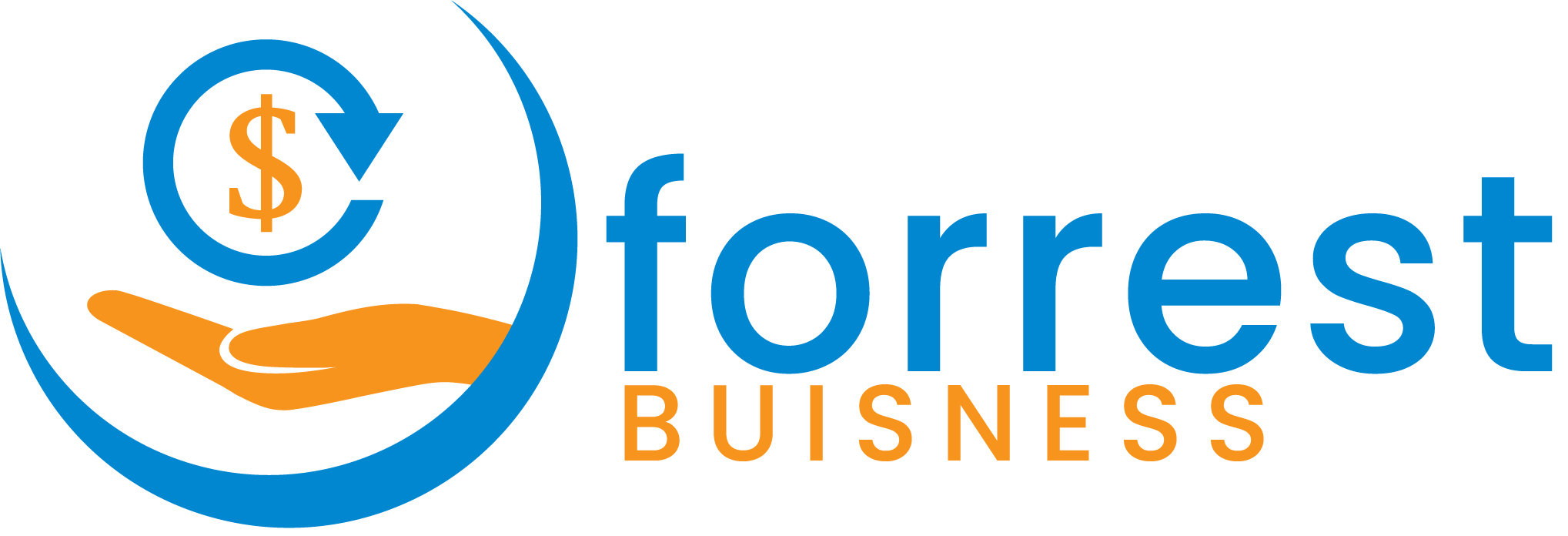The spate of world and native knowledge leaks – privateness breaches that affected thousands and thousands of Australian customers and 1000’s of Australian companies – have a lot to show the company world: that enterprise progress mustn’t come on the expense of buyer privateness.
These incidents are likely to happen as a result of many firms function enterprise fashions that acquire, manipulate and promote buyer knowledge, particularly as on-line and digital are deeply embedded into our lives right this moment.
It’s common to pay for merchandise, providers and subscriptions with cash. For these which can be ‘free’ – corresponding to with most of the apps accessible right this moment – customers fail to understand that they’re in precise reality paying both with their private knowledge or with another person’s knowledge. These two choices are in style with advert firms and ad-based enterprise fashions.
It begs the query: is knowledge extra helpful than cash?
Entrepreneurs use knowledge to deal with the rising demand from clients for extra personalised and focused experiences.
The trade of actual cash for buyer knowledge is handled as an funding, within the hopes that this may unlock extra income over an extended interval than a buyer with no on-line footprint.
Whereas knowledge might be retained ethically, the dearth of rules and unclear enterprise fashions for safeguarding privateness implies that some firms are amassing consumer knowledge with out their specific permission.
Privateness because the core of enterprise technique
With knowledge driving many enterprise methods, privateness and safety shouldn’t be positioned on the backburner. Privateness and safety needs to be elementary focuses, and for the companies that do that, the danger of being uncovered to cyber crime reduces.
The dangers are rising.
The Australian Cyber Safety Fee (ACSC) obtained one report of a cyber assault each eight minutes within the 2020-21 monetary yr.
Not solely are they rising in regularity, they’re rising in severity, with the next proportion of those incidents categorised as ‘substantial’ in affect. Take into consideration that for a second. If an assault occurs to your enterprise within the subsequent eight minutes, are you ready?
Zoho analysis discovered that solely 35% of Australian small companies have an outlined, documented, and enforced coverage concerning private knowledge collected, used, and disclosed by means of their enterprise. And virtually half, in the meantime, are both ‘uncomfortable or very uncomfortable’ with their clients’ knowledge being utilized by firms with which that they had no direct relationship.
It’s straightforward for small companies and start-ups to miss knowledge privateness as a result of lack of know-how. This, coupled with the misunderstanding that cyber assaults solely have an effect on bigger organisations, fewer assets and processes that aren’t protected or optimised, and instantly small companies and start-ups are on the forefront of those damaging threats.
Whereas small companies and start-ups can’t be anticipated to develop into knowledge privateness and safety specialists in a single day, they will begin by taking concrete motion to safeguard their enterprise. Meaning investing in robust IT safety instruments, making a privateness coverage, implementing a method for rising threats, and putting in teaching programs for workers.
Recognising a cyber menace
Australia is a nation of entrepreneurs and small companies who by now are closely reliant on digital channels. This, although, makes the nation’s vulnerability to rising cyber threats larger as cyber criminals undertake new methods to benefit from the booming digital exercise. Nevertheless, if we are able to prioritise consciousness, training and motion, we may also help small companies and start-ups cut back their threat.
Many small companies and start-ups usually don’t realise they’ve been focused till it’s too late. One breach, and the monetary and reputational harm it causes, might be sufficient to finish a enterprise. Nevertheless, knowledge safety measures may also help shield small companies and cut back the probability of their knowledge being compromised. Safety and entry administration shouldn’t be restricted to massive companies.
Just like the breaches that hit Medibank, Telstra and Optus, cyber assaults are available in many alternative varieties corresponding to ransomware, phishing, malware and on-line scams. Whereas various, these assaults have a typical malicious intent: to disrupt enterprise operations by damaging or stealing knowledge. Coverage makers have a accountability to prioritise consciousness and training of those threats, while the know-how trade has an obligation to create software program that has privateness inbuilt as a core basis, not an afterthought. Then, there’s the duty on small companies and start-ups themselves.
A shared accountability
Information is usually assumed to be safer offline, in on-premise servers and onerous to entry paper techniques. This isn’t true and presents extra dangers.
Companies can enhance knowledge safety by integrating cloud safety options. Whereas among the latest breaches had been a results of misconfigured cloud servers, when navigated appropriately, the cloud could be a highly effective device that helps make sure that solely authorised personnel have entry to the information the enterprise acquired.
Each piece of cloud software program has a number of layers, and every of those layers are secured to keep up knowledge integrity.
Understanding how the cloud works and taking preventative measures to guard your knowledge integrity is crucial for benefiting from know-how and constructing resilience for the longer term. Begin small—like implementing knowledge authentication technique, enabling multi-factor-authentication, and setting permissions for knowledge entry.
Ask the distributors questions, prepare staff on greatest cloud practices, and ensure there’s a excessive degree of understanding on the information journey. The extra distinctive and time-bound your authentication modes, the stronger your safety system that clients can profit from.

